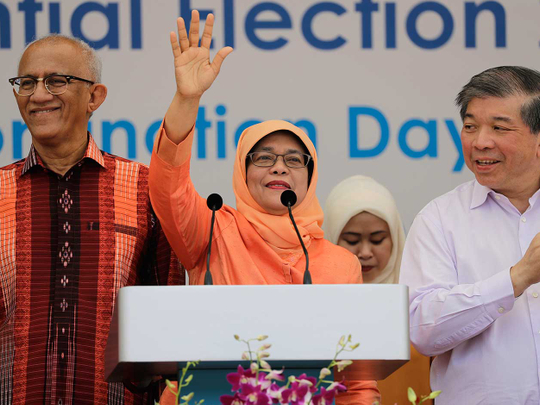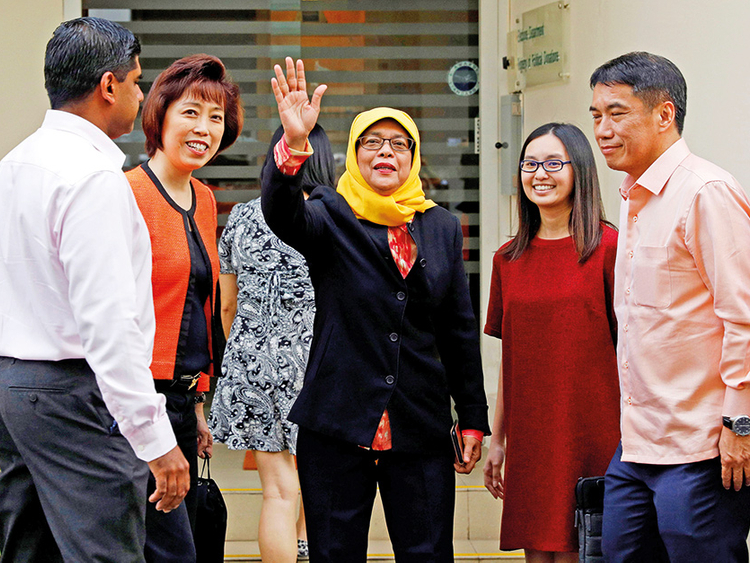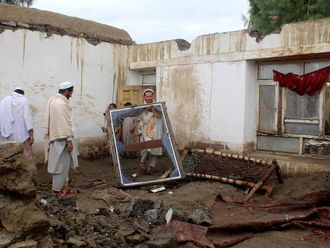
Singapore: Halimah Yacob, 63, has become Singapore's first female president and started her first day of work as the city's eighth head of state.
She was named president-elect as the only eligible candidate this week, after two others were disqualified in an election reserved for minority ethnic Malay candidates.
As the former speaker of parliament started her new role on Thursday, Yacob sought to make the Istana, the Singapore president's official residence, more accessible to the people.
The government changed the presidential election process for this year to ensure the largely ceremonial role isn't dominated by the majority Chinese group, and so that minorities like ethnic Malays and Indians will get a chance to be represented in some elections that are reserved for their groups.
Halimah Yacob set to be Singapore's first female president: A timeline of her career https://t.co/e6SBIikl2u pic.twitter.com/HZlngrkSFv
— The Straits Times (@STcom) September 11, 2017
First ethnic Malay head of state
Halimah's no stranger to breaking diversity barriers: she'll be the first ethnic Malay head of state in almost half a century but was also the first female Speaker of Parliament in 2013.
Singapore doesn't have room to be complacent.
Halimah, known to be an advocate for women's rights, will be the figure head of a nation that's lagging behind in putting women in corporate leadership positions.
A Deloitte study released earlier this year shows that Singapore is trailing Asian neighbors such as India, Malaysia, and Thailand in the percentage of board seats held by women.
Women make up 10.7 percent of boards in the city-state, according to the report.
That lags behind the 17.6 percent in Vietnam, the highest in Southeast Asia, and falls far short of the 42 percent in Norway.
AT A GLANCE
Halimah Yacob, 63, comes from member of Singapore's poorest ethnic minority
She is set to become the first woman president of the island nation
Yacob was a former speaker of parliament
She will will be formally named to the mostly ceremonial post
Her role is aimed to strengthen a sense of inclusivity in the multicultural country
Other candidates fell short of the criteria set for contesting the election
Singapore had decreed the presidency would be reserved for candidates from the Malay community this time
Halimah’s experience as house speaker automatically qualified her under the nomination rules.
Of the 4 other applicants, 2 were not Malays and 2 were not given certificates of eligibility by the elections department
Yusuf Ishak was the last Malay to hold the presidency (1965 and 1970), the first years of Singapore’s independence following a short-lived union with neighbouring Malaysia
The separation of Singapore from Malaysia gave ethnic Malays a clear majority in Malaysia, while ethnic Chinese formed the majority in independent Singapore













